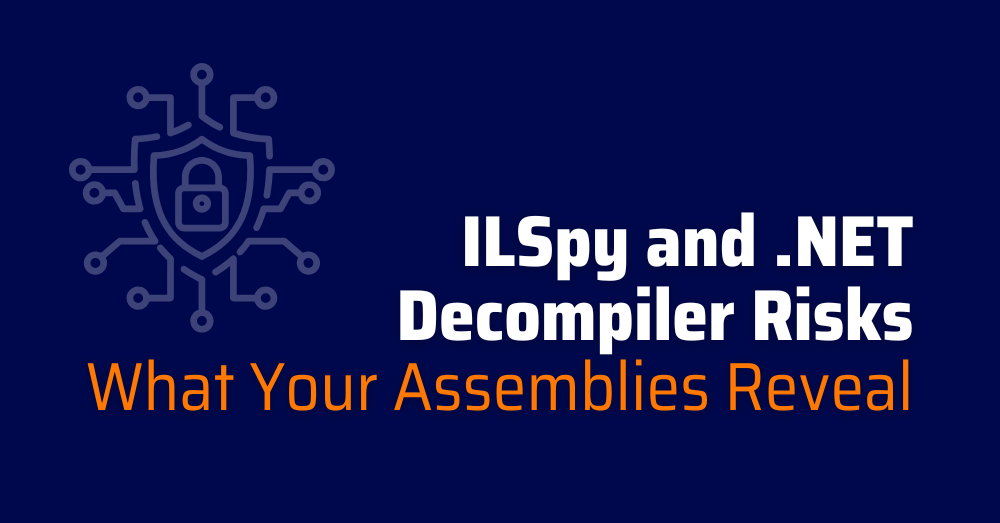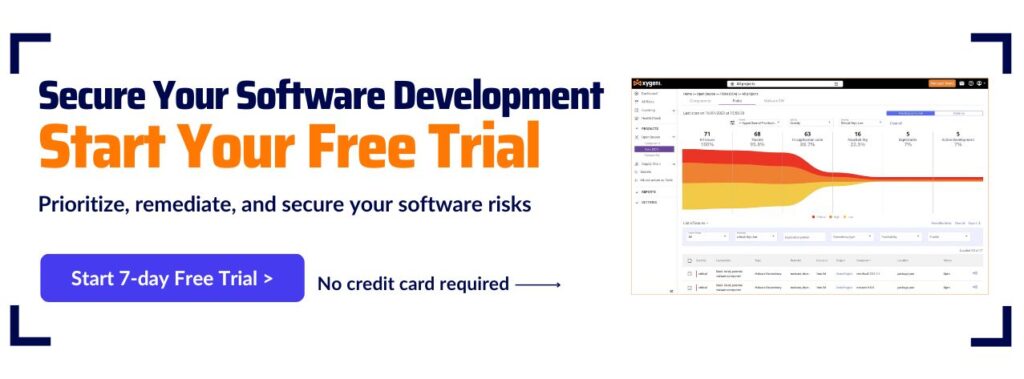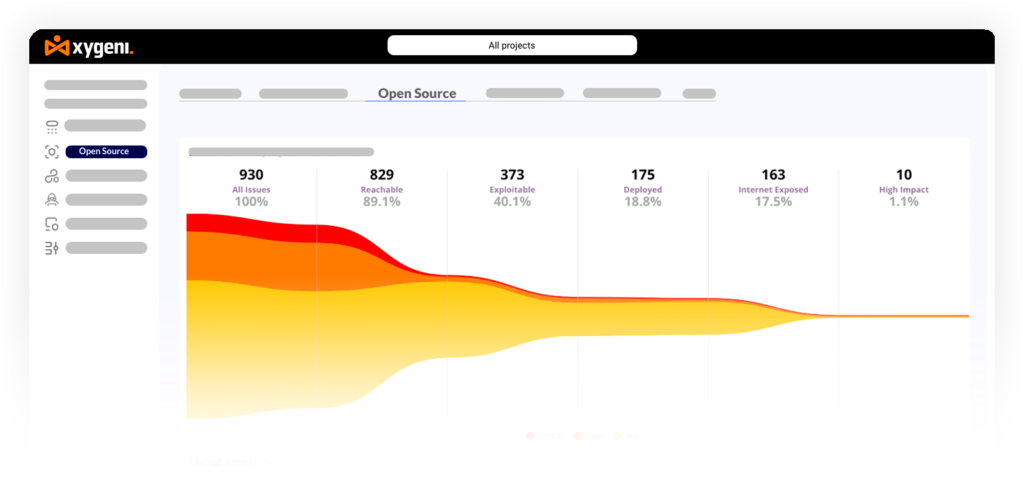ILSpy and What Is Decompile in Assembly: Why It’s So Easy to See Inside Your .NET Code?
If you’ve ever opened a .dll in ILSpy, you’ve seen firsthand what is decompile in assembly is: a near-perfect recreation of your source code. Tools like ILSpy and any dotnet decompiler reveal internal logic, credentials, and algorithms, all from compiled binaries.
⚠️Insecure example, for educational purposes only. Do not use in production.
public class ApiConnector
{
private const string ApiKey = "sk_live_ABC123SECRET"; // Exposed in assembly
private const string Endpoint = "https://internal-api.local/api/v1/";
public string GetData()
{
using var client = new HttpClient();
client.DefaultRequestHeaders.Add("Authorization", $"Bearer {ApiKey}");
return client.GetStringAsync(Endpoint).Result;
}
}When opened with ILSpy or any dotnet decompiler, the code exposes the APIKey exactly as compiled.
Secure version:
public class ApiConnector
{
private readonly string _apiKey;
public ApiConnector(IConfiguration config)
{
_apiKey = config["ApiKey"]; // Securely loaded from configuration or environment
}
public async Task<string> GetDataAsync(HttpClient client)
{
client.DefaultRequestHeaders.Add("Authorization", $"Bearer {_apiKey}");
return await client.GetStringAsync("https://api.example.com/v1/");
}
}
Educational note: Never hardcode secrets in assemblies. Use environment variables or secure key stores.
Hidden Information Exposed Through ILSpy and Other Dotnet Decompiler Tools
The power of ilspy makes what is decompile in assembly a real security concern. Even “private” data becomes readable because dotnet decompiler tools reconstruct method names, constants, and comments.
⚠️Insecure example, for educational purposes only. Do not use in production.
public static class Config
{
public static string ConnectionString = "Server=internal-db;User=admin;Password=P@ss123";
public static string License = "CompanyKey-98765";
}
Using ilspy instantly reveals this connection string and license.
Secure version:
public static class Config
{
public static string ConnectionString =>
Environment.GetEnvironmentVariable("DB_CONNECTION") ?? string.Empty;
}Educational note: Replace static fields with runtime-injected configuration. Avoid leaving hardcoded data for dotnet decompiler tools to expose.
Why Developers Underestimate What Is Decompile in Assembly Risks
Many developers still underestimate ILSpy and dotnet decompiler risks because .NET feels “compiled.”
But in DevSecOps pipelines, debug symbols and leftover metadata make exposure worse. Common mistakes include:
- Publishing builds with .pdb debug symbols.
- Leaving verbose stack traces in “Release” mode.
- Shipping third-party packages containing internal code.
- Forgetting to obfuscate assemblies before pushing to NuGet.
⚠️Insecure example, for educational purposes only. Do not use in production.
# Never expose real tokens, credentials, or internal URLs in pipelines
dotnet publish -c Debug -o ./release
This creates assemblies full of debug metadata visible in ILSpy or any dotnet decompiler.
Secure version:
dotnet publish -c Release -p:DebugType=None -p:DebugSymbols=false -o ./dist
Educational note: Always disable debug info before distributing binaries. Functional snippet, ensure your build pipeline enforces these flags automatically.
Protecting Assemblies from ILSpy and Dotnet Decompiler Exposure
When developers learn what is decompile in assembly, the next step is protection. Every release pipeline should validate that compiled assemblies can’t reveal internal data via ILSpy or a dotnet decompiler.
Best Practices
- Obfuscate code: Apply tools like Dotfuscator or ConfuserEx.
- Externalize secrets: Move credentials into environment variables or vaults.
- Remove debug metadata: Always publish stripped, release-mode builds.
- Automate binary scanning: Detect exposed strings and insecure configs.
- Validate in CI/CD: Add automated pre-deployment enforcement.
Example CI/CD Step
# Never expose real tokens or internal URLs
- name: Validate binary exposure
run: dotnet xygeni validate --rules binary,obfuscation,secrets
Educational note: Automating binary validation ensures assemblies are secure before release. Add pre-commit enforcement for full DevSecOps coverage.
Mini Preventive Checklist
- Strip debug and PDB symbols.
- Test each build in ILSpy to confirm obfuscation.
- Move sensitive values to environment configs.
- Enable code obfuscation before distribution.
- Automate scanning for exposed strings in pipelines.
Educational note: If ILSpy can see it, so can attackers. Make visibility a test step, not a surprise.
How Xygeni Code Security Prevents ILSpy and Decompiler Leaks
Xygeni Code Security automatically analyzes assemblies for decompilation exposure. It identifies unsafe configurations and flags ilspy-readable secrets before code leaves your pipeline.
Key protections against what is decompile in assembly risks:
- Detects missing obfuscation.
- Scans for embedded credentials.
- Flags debug builds with full metadata.
- Enforces binary hardening policies across CI/CD.
Example Secure Enforcement
# Pre-merge enforcement example
- name: Xygeni Secure Build Validation
run: dotnet xygeni enforce --rules obfuscation,secrets,debug --fail-on-risk
Educational note: Integrate enforcement early. Automated gates stop vulnerable assemblies before merge or deployment.
Decompilation Is Inevitable, Exposure Doesn’t Have to Be
Decompilation isn’t hypothetical; ILSpy and every dotnet decompiler make your compiled .NET code transparent.
If you wonder what is decompile in assembly, the answer is: “everything you didn’t mean to share.”
To protect your IP and data:
- Never hardcode credentials or internal URLs.
- Obfuscate release builds.
- Strip metadata and debug info.
- Automate scanning with tools like Xygeni Code Security.
- Review binaries manually with ilspy as a final validation step.
Once shipped, your assemblies will be decompiled, but what they reveal is entirely up to how securely you built them.









